Regardless of what you call it, guide or charter, it is the same – someone you pay to take you fishing. There are a variety of reasons you may book a fishing trip – to have a fun experience with friends, fish a new area or species, not owning the right equipment (including the boat), or to learn some tips from the pros.
Whatever your reason paid fishing trips can be a great experience full of fun and learning.
What Is a Fishing Charter?
Simply put a fishing charter is someone you pay to take you fishing. They usually provide the equipment and expertise needed to target whatever species you are targeting.
There are a several terms used, such as charter or guide, and there is no real standardization. For the purposes of our discussion we’ll use these definitions:
- Charter – A large boat, often holding 10-20 anglers. Most often found fishing saltwater. The crew usually consists of a captain and one or two deckhands. Often there is some kind of office on shore where you arrange your trip. You pay a fee per person. Unless you are part of a large group you will be fishing with people you don’t know.
- Guide – Usually a single person operation, although may be associated with a tackle shop to help get clients. Fishing may be walk in, say for small stream fly fishing, or out of a small boat. Groups usually top out at 6 people, due to coast guard licensing. Prices may be given per person or for the entire boat. Typically, it is just your group fishing together.
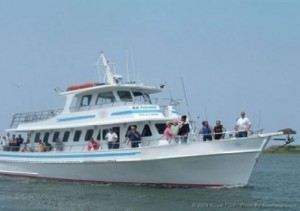
For the most part we can treat these two types the same, but guides usually have more flexibility to customize the trip to what you want to do.
Generally speaking, fishing trips tend to last about 6-8 hours, and all fishing equipment is provided. Processing your catch is usually included, and is one way deckhands earn their tips.
What is not covered in this discussion is fishing resorts – that is inclusive fishing experiences which may include lodging, food, or transportation. However, many of the things you want to look for when booking a charter or guide also applies to lodges.
Why Book a Fishing Charter?
There are many reasons to book a fishing guide or charter. The most common ones are:
For the Experience
A popular reason to book a charter is to have memorable experience, often with friends or family. A chance to spend time together outdoors doing a fun activity. These sorts of trips often include children. The groups often consist of inexperienced or casual anglers.
For me this my annual Steelheadaganza trips. I’m doing it primarily to have fun with friends, not because I expect to learn something or can’t fish it myself.
To Learn Something New
Serious and experienced fishermen may book a fishing trip to learn something new. This could range from learning to fish for a new species, discover a new body of water (especially learning to navigate a new river), or maybe pick up a new tip or trick on how to be a successful fisherman.
Smaller charters are best for this, as you will get more individual attention from the captain/guide.
My trip last year to Hanford Reach falls in this category for me. I wanted to learn a new area so I could come back and fish it on my own later.
Not Equipped to Fish
Another reason to book a fishing trip is because you are not equipped to fish it yourself. The obvious thing people will think of is the tackle, followed by rod & reel. Also included is the right kind of boat to fish those waters.
Less obvious is the experience needed to fish those waters/species successfully.
Time and money can address those short comings, and may be more economical in the long run. However, if you are looking for a single experience then paying for a trip is likely the better way to go.
For example, there is tuna fishing off the coast here in Washington. Given the logistics involved it isn’t something I’m going to do more than one every year, or even every other year. Acquiring tuna specific fishing gear just doesn’t make sense, even if I had a boat capable of fishing those waters and wanted to spend the time needed to consistently catch fish. So a charter is a more economical way to go.
To Take Home Fish
The worst reason I think to book a fishing trip is to actually get fish to bring home to eat. Unfortunately, it is what people first think of when considering why to book a trip. The reason I say it is the worst reason is because there are many factors which determine if you actually get a fish to the boat, some of those factors are outside anything you or the guide can do. Are you going to consider your trip ruined if you didn’t catch your limit or maybe even no fish whatsoever?
Plus, if what you really want is the meat, then odds are you can buy it for less than the price of the trip somewhere – saving you time and money.
In any case, it is important to know the reasons you want to go on a fishing trip, so you can make sure the trip matches what you want. If you want to learn, then make sure the guide is willing to teach. If you want to bring kids, then make sure it is a trip where there will be lots of action to keep kids busy and entertained.
How To Pick A Charter or Guide
There are many ways to find a fishing charter or guide to go with. These include:
- Internet searches
- Pro staff of fishing equipment/tackle companies
- Referral from tackle/boat shop
- Word of mouth
- Ads on fishing web sites
- Recommendations from other guides
- Criagslist/Groupon
Out of all these the best way is word of mouth. Talking to past clients can give you give a good idea what the guide or charter is like. The best indicator if the person is a good guide is if past clients want to fish with them again.
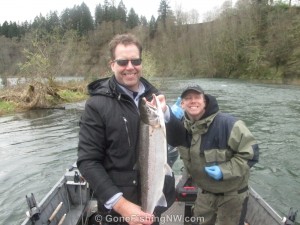
The worst way is finding your guide on a site like craiglist or those offering a deal on GroupOn or Living Social. The reason those guides are advertising in those places is likely because their client list is lacking. It could be because they are just starting out, but more likely is that they have a bad reputation. I’ve heard so many stories about bad fishing trip experiences that started “We found this guy on criaglist…” or “He was offering a special deal on…”
If I didn’t know anyone to talk to for recommendations, I’d focus on pro staff and tackle shop referrals. Because the tackle company or shop’s reputation is connected to the guide/charter, they tend to recommend established guides which have good reputations.
Screening the Charter or Guide
Once you have a list of possible charters or guides, the next step is to contact them. Before booking the trip you want to ask them questions to make sure they can give you the trip you want.
Most have websites, which is a great place to start to get general information about seasons, locations and species. The email may list an email or number to text. That is a great way to get the ball rolling.
However, I highly recommend speaking with the guide on the phone before booking the trip. Call prepared with a list of questions to ask, so you don’t forget anything. Late afternoons/early evenings on weekdays are generally the best time to reach them.
Also be aware not everyone is fully connected or tech savvy – so if they seem slow responding to text or email it might be because they are more comfortable with phone calls.
What you want to cover is:
- Explain what you want to achieve with the trip (i.e. fun with friends, learn something, etc…)
- If you have special circumstances like bringing children or people with physical challenges ask how they handle that circumstance
- Ask about the cancelation policy
- Ask about deposit policy
- Ask about how they plan to fish
- Verify what equipment and services (like filleting fish) they provide
Answers should be straight forward, seem reasonable and fair. If you aren’t feeling right about the answers then book someone else.
Prepare For Your Trip
You’ve put forth a bunch of time and effort to find a good guide/charter, possibly talked friends into going with you, maybe put down money on a deposit and now you are ready to fish – or are you?
Until the car is loaded with everything you aren’t done preparing. Often fishing starts early, and I know that is what I’m at my most forgetful. So I get everything ready ahead of time.
Some charters can sell you a fishing license the day you fish. However, I recommend buying it at least a few days before the trip. Most tackle shops sell licenses. If you are fishing in a different state, then see if there is an option to buy the license online. Sometimes all you need is the printout of the receipt.
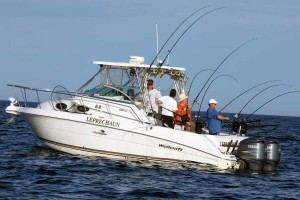
Bringing some food and drink is usually a good idea. Things I look for in snacks are:
- Don’t require prep or utensils
- Things like those “build your own cracker sandwich” can be difficult to eat on a moving boat
- Can be eaten directly from the wrapper
- Items like granola bars are great, as you can eat without tasting the fish slime on your hands
- High energy
- Something, like a chocolate bar, that can give you a boost of energy when you start getting tired
- Something feeling
- They say Snickers really satisfies, but so do other protein items like nuts or jerky
I try and stay away from stuff like chips, as they don’t feel you up, require clean (or cleanish) hands, and can transfer scent to your fishing gear after eating.
For drinks I get stuff that is thirst quenching – water or gateraid. Soda may taste good, but can leave you thirsty.
Pack your bag the night before. Some things you may want to include are:
- Fishing license
- Printout of confirmation letter from charter & receipt of any deposit
- Rain gear
- Sunglasses
- Hat
- Sunscreen
- Camera
- Sea sickness medication
- Snacks & drinks
- Money (balance due for trip, tip, and a bit extra)
- Consider a GPS if part of your goal is to find good fishing spots.
If you can load the bag in the car the night before, along with a cooler to haul your catch home in. I like to load my cooler with ice the night before, as I also throw in some snacks/drinks for after the trip.
If meeting the charter/guide in an unfamiliar area then make sure you have directions/map ready. It is also wise to have the phone number of the charter/guide so you can contact them if you get lost, have a flat tire, etc…
I also recommend swapping cell phone numbers with any buddies going, so you can contact each other if needed.
Gone Fishing…
It’s the day of the trip, so wake up and dress in weather appropriate clothing.
If time permits have a good breakfast. I like oatmeal since it “stay with me” for quite a while – especially compared with something like cold cereal.
If you get seasick then start the medication according to the directions. You don’t want to spend your trip barking over the rail, and the rest of us don’t want to hear it either.
Then proceed to the meetup place, and start your adventure.
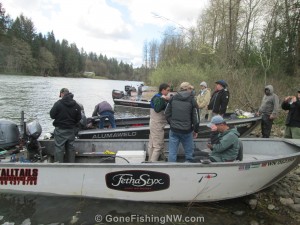
Make The Most Of It
While you are on the water there are some things you can do to make the most of your trip.
First, ask questions. Ask the guide/captain/deckhands for advice on your fishing. Ask them about their fishing experiences and stories.
Second, take pictures. Don’t wait for the final picture of holding your fish up at the end of the day. Take pictures of the boat, the scenery, wildlife, your buddies fishing, etc… If on the trip to learn I also like taking pictures of the tackle and equipment (usually after asking the guide if it is OK).
Third, keep a good attitude. Abraham Lincoln said “Folks are usually about as happy as they make their mind up to be.” This is true for fishing trips. If the weather is bad or fishing slow it is your attitude that will help the trip be fun. This will also help you catch fish, since a positive attitude will keep you in the mindset that your next cast could hook a fish – and then you’ll be ready when it happens.
Lastly, if there is anything you need make sure to let the guide or captain know. Need a shore break to stretch your legs or pee on a tree? Having trouble with the gear? Not sure you are doing stuff right? They can only fix issues if they know about them.
After the Trip
At the end of the day, tip the guide and/or deckhands. The tip should represent how hard they worked for you, even if fishing was tough. Thank them for the trip. Them having a positive impression of you might work out to a discount for the next trip, or being able to book your date before other people have a chance.
I like spending a little time to note down about the trip. Mostly this is details about how and where we fished, so that I can remember in case I come back to fish on my own.
I also like sharing pictures between friends. In this day of people using their smart phones as cameras it is pretty easy to e-mail or text a few pictures to each other. Being a techy guy I sometimes setup a shared folder in the cloud for everyone to upload their pictures and video to.
What Do You Do?
Do you fish with charters or guides often? What are the things you do in order to have a successful trip?

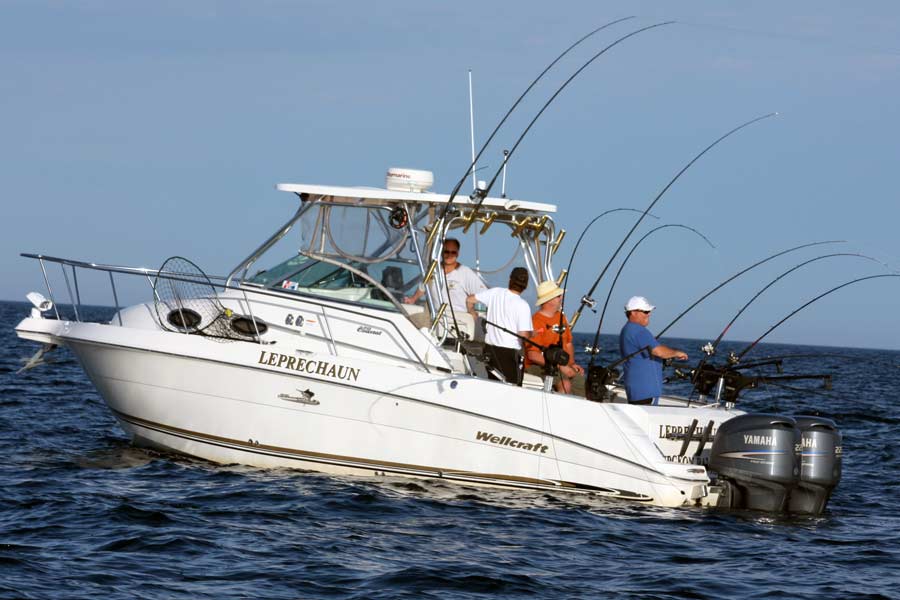
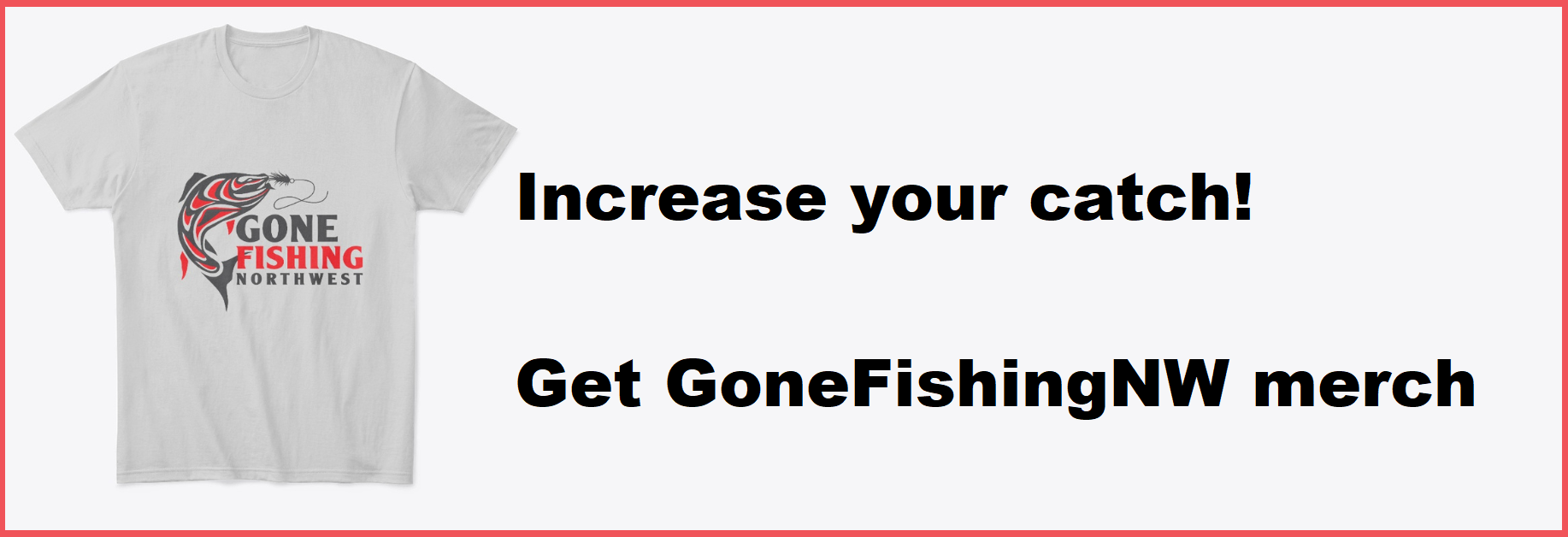
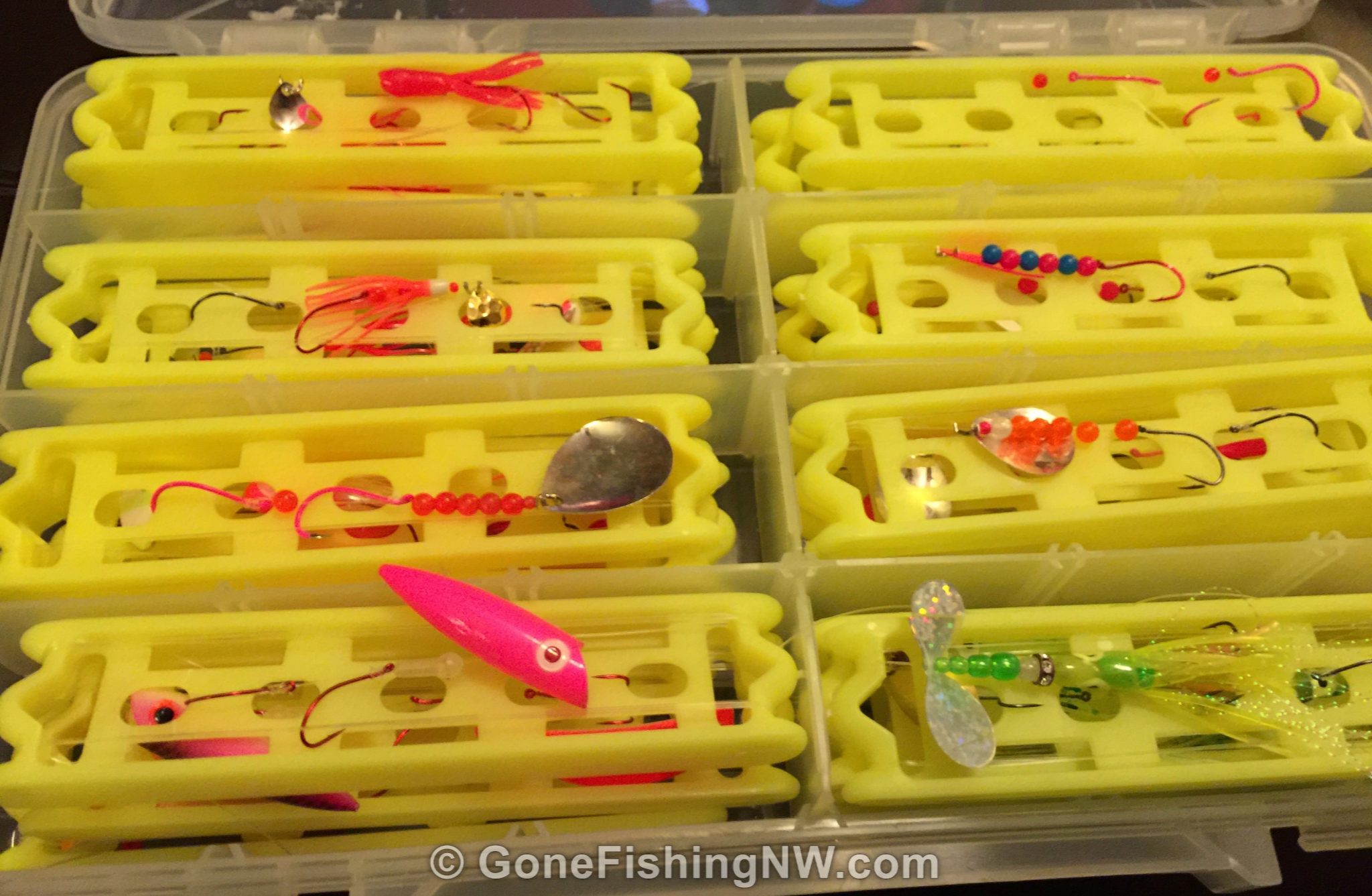
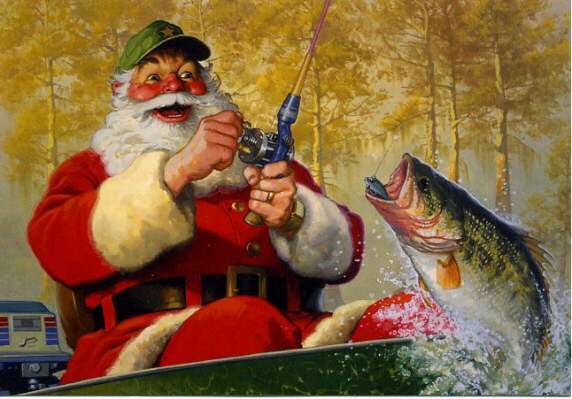
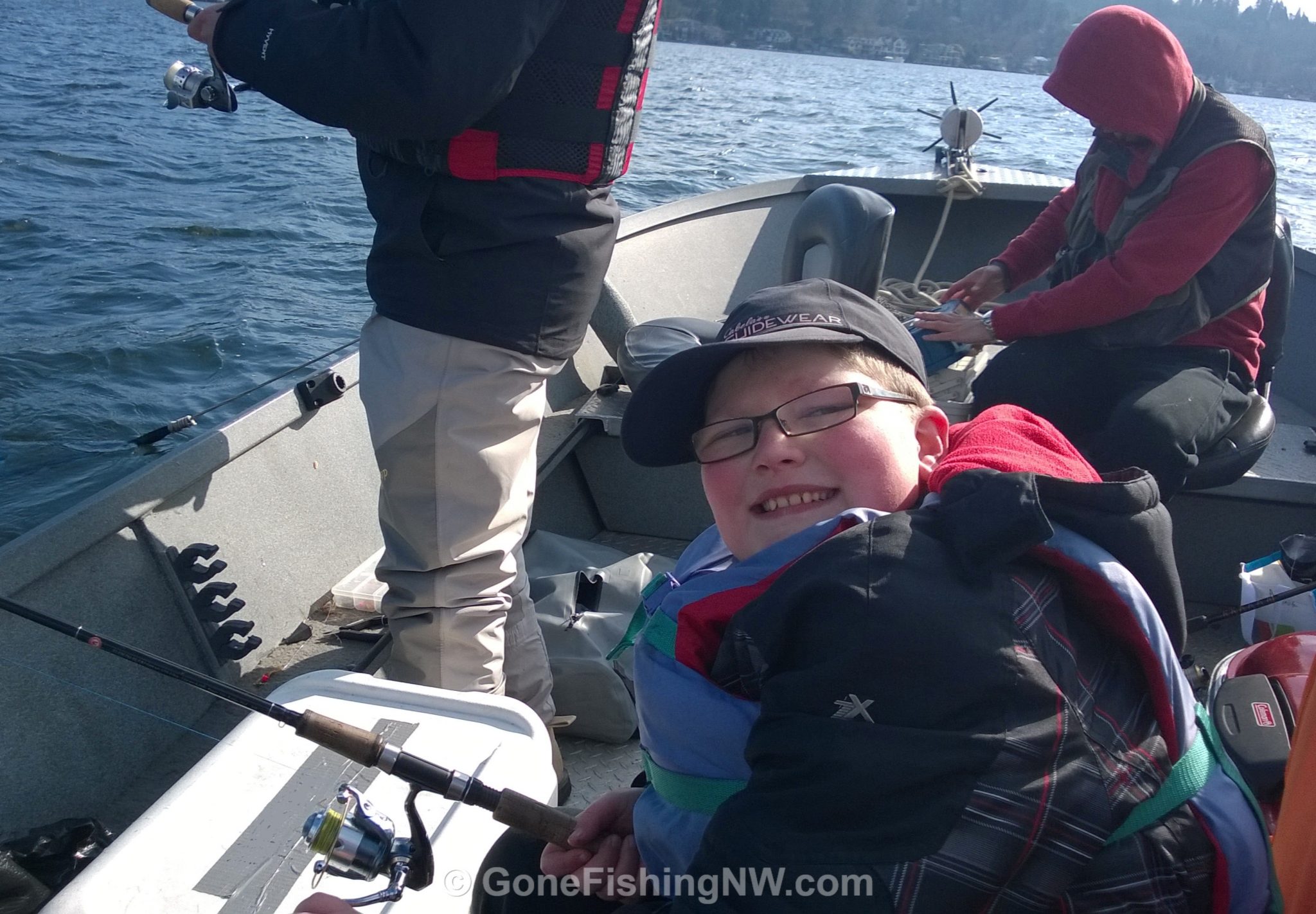
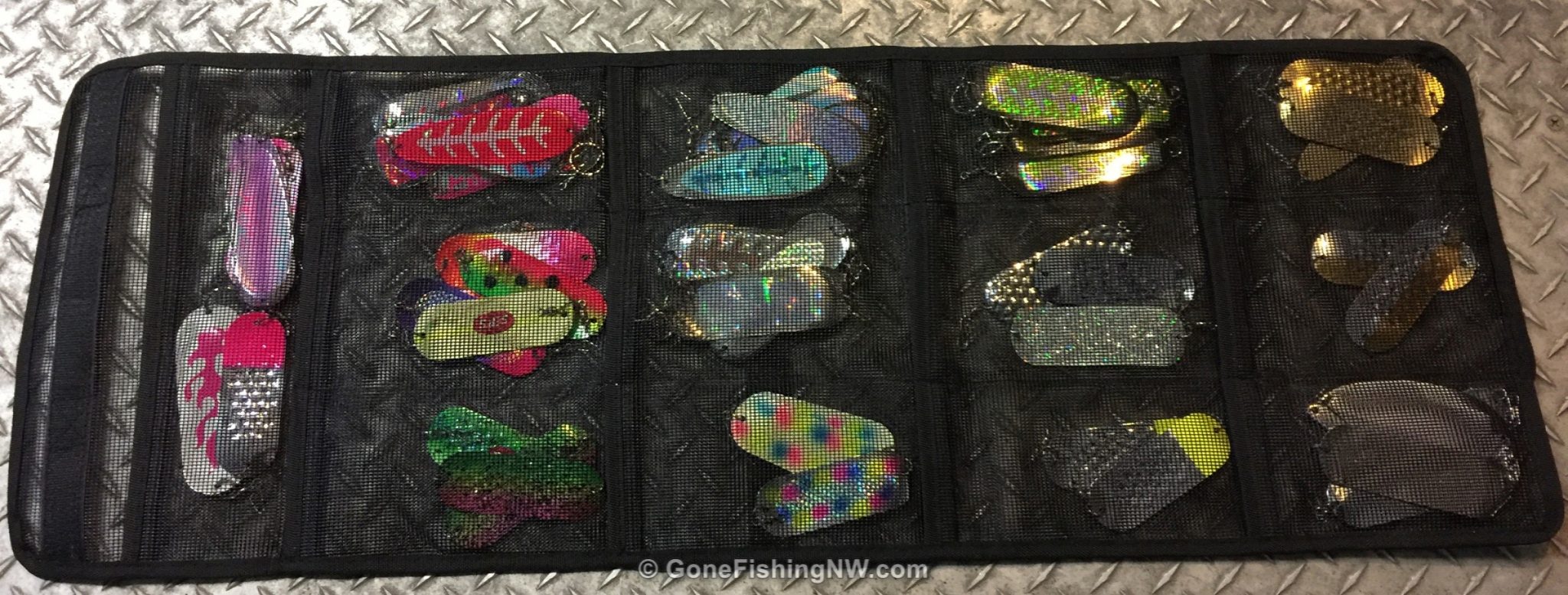
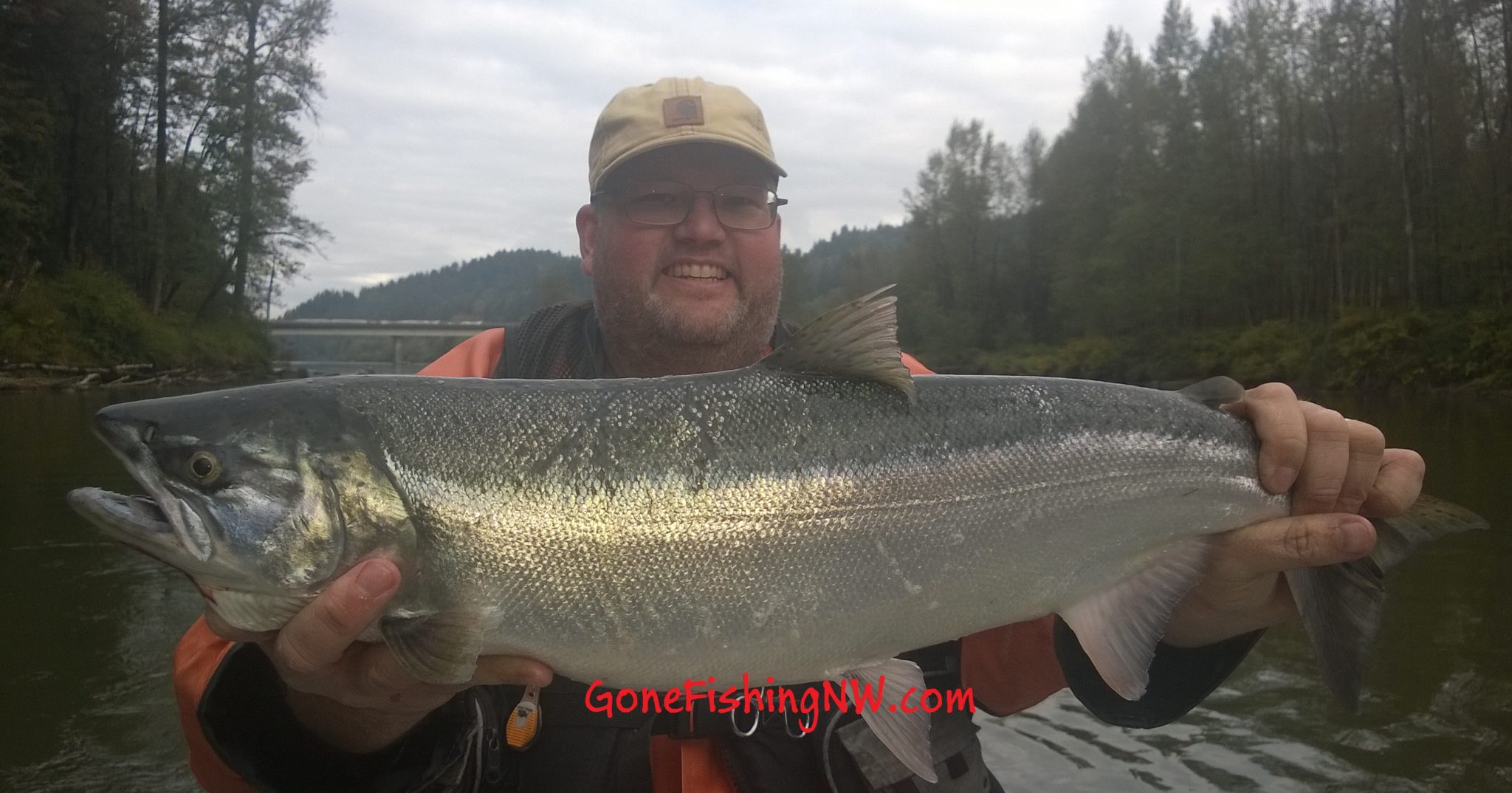
Comments are closed.